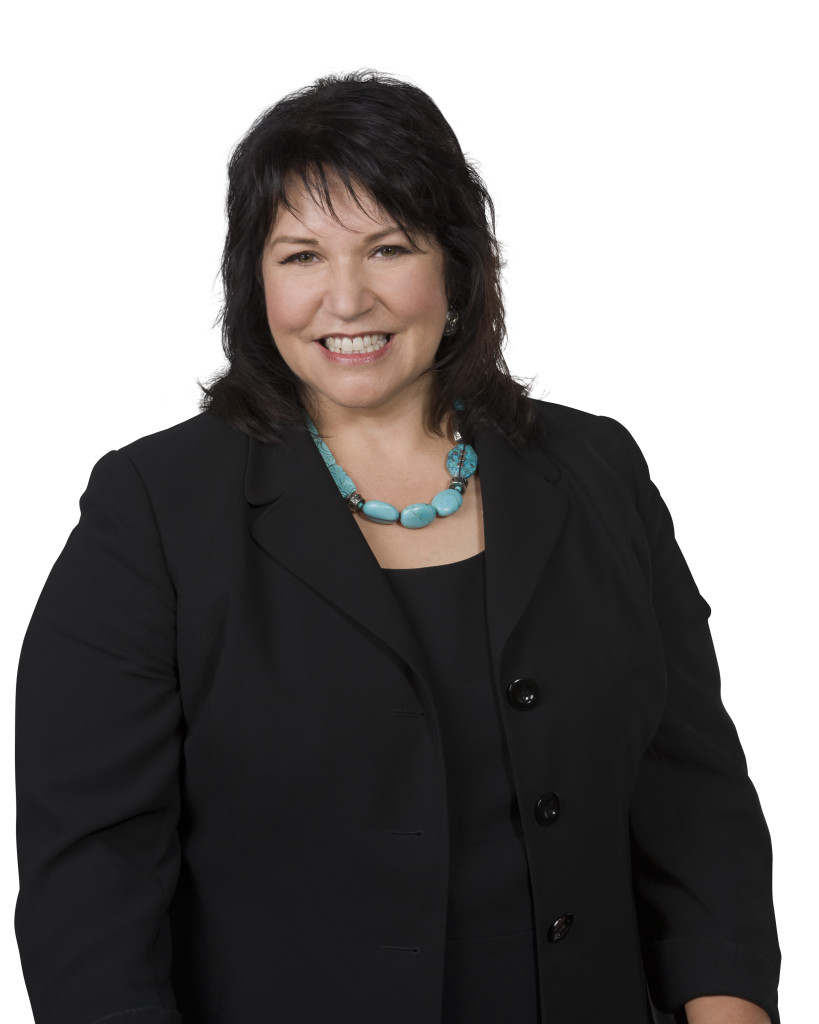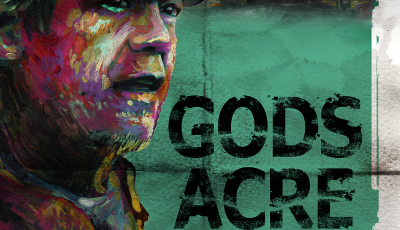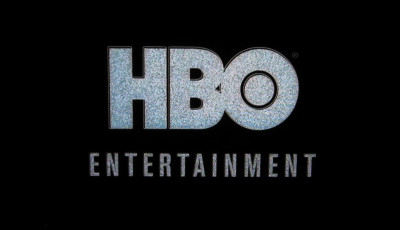Executive Profile: Leanne Bellegarde, Director of Aboriginal Strategy, PotashCorp
Executive Profile: Leanne Bellegarde, Director of Aboriginal Strategy, PotashCorp
In 2014, Leanne M. Bellegarde accomplished a lot working with the Aboriginal community as PotashCorp’s Director of Aboriginal Strategy. From job fairs to business competitions to summer camps, the Saskatoon-based company has seen its investment in the community pay off through partnerships. These partnerships have led to recruiting opportunities and creating a strong representative workforce – working towards changing the face of PotashCorp’s workforce in Saskatchewan.
Bellegarde, originally from Treaty 4 territory, grew up in Meadow Lake, Saskatchewan. She currently resides in Saskatoon and is a member of the Kawacatoose First Nation.
In 2010, she was seconded by PotashCorp from the N. Murray Edwards School of Business to help develop an Aboriginal strategy and was invited to stay on board for the position she holds now.
“The Director of Aboriginal Strategy is providing long-term direction for PotashCorp on its Saskatchewan operations for Aboriginal inclusion across employment. My role also impacts how we direct community investment with an emphasis on education and training and how we prepare our workplace to be a better employer for Aboriginal people,” said Bellegarde.
Under her leadership, PotashCorp has built a solid foundation for its work with the Aboriginal community through various partnerships and community investments.
Some of those community investments include youth leadership and employment camps called the Atoske Program, business planning competitions like STC’s Mimo-Bimadziwaan and the FNUniv Entepreneurship Camp, and career fairs called ‘The Future is Yours’ and Stepping Stones. PotashCorp also continues to deepen its relationship with the STC, a partner in many of these programs that directly benefit its members on and off reserve.
“Aboriginal strategy is founded upon building mutually beneficial relationships with the Aboriginal community, so when you talk about partnerships – one of our earliest examples that still stands today is with the Saskatoon Tribal Council – the relationship continues to grow,” said Bellegarde.
Although PotashCorp has other Aboriginal partners, Bellegarde said STC is an illustration of the kind of influence a corporation can have working with the Aboriginal community.
For example, science camps now run K-12, inspiring youth to pursue the prerequisites for a broader range of careers. Increasingly, young people from the seven Saskatoon Tribal Council First Nations learn new skills and gain valuable experience through initiatives supported through the partnership.
PotashCorp sponsors several business planning competitions, and it is rewarding to see the self-sufficiency of a new cadre of young Aboriginal entrepreneurs emerging. SheNative’s Devon Fiddler, Heather Abbey’s online shopindigenous.ca and Nathan Kaye’s sport event travel business, have all taken home prize money for their business ideas.
“When we look at the range of where we make our community investments, we try to be more thoughtful, like the business planning competition with STC, which supports youth entrepreneurs developing their business ideas,” said Bellegarde.
For Bellegarde, her work with PotashCorp in the past five years is a reflection of her long career which included a variety of positions; working for the Government of Canada on the Treaty Land Entitlement Agreement, as a lawyer for SaskTel and the Federation of Saskatchewan Indian Nations and running her own successful private law practice on the Muskeg Lake First Nation Urban Reserve in Saskatoon.
She was also the recipient of a Queen Elizabeth II Diamond Jubilee Medal (2012), and is the recipient of a 2014 Alumni Achievement Award by the University of Saskatchewan for her work in Aboriginal partnerships.
When asked about being a successful Indigenous woman and what drives her to succeed, Bellegarde said it just comes down to doing the best you can at what you do.
“I remember when I was young, out of school, one of the elders saying to me, ‘first you have to get good at what you’re supposed to be doing, then you can worry about making a contribution to your people.’ So I always took that as a very important lesson.”
– Story by Chris Tyrone Ross, Editor-In-Chief, RezX Magazine





